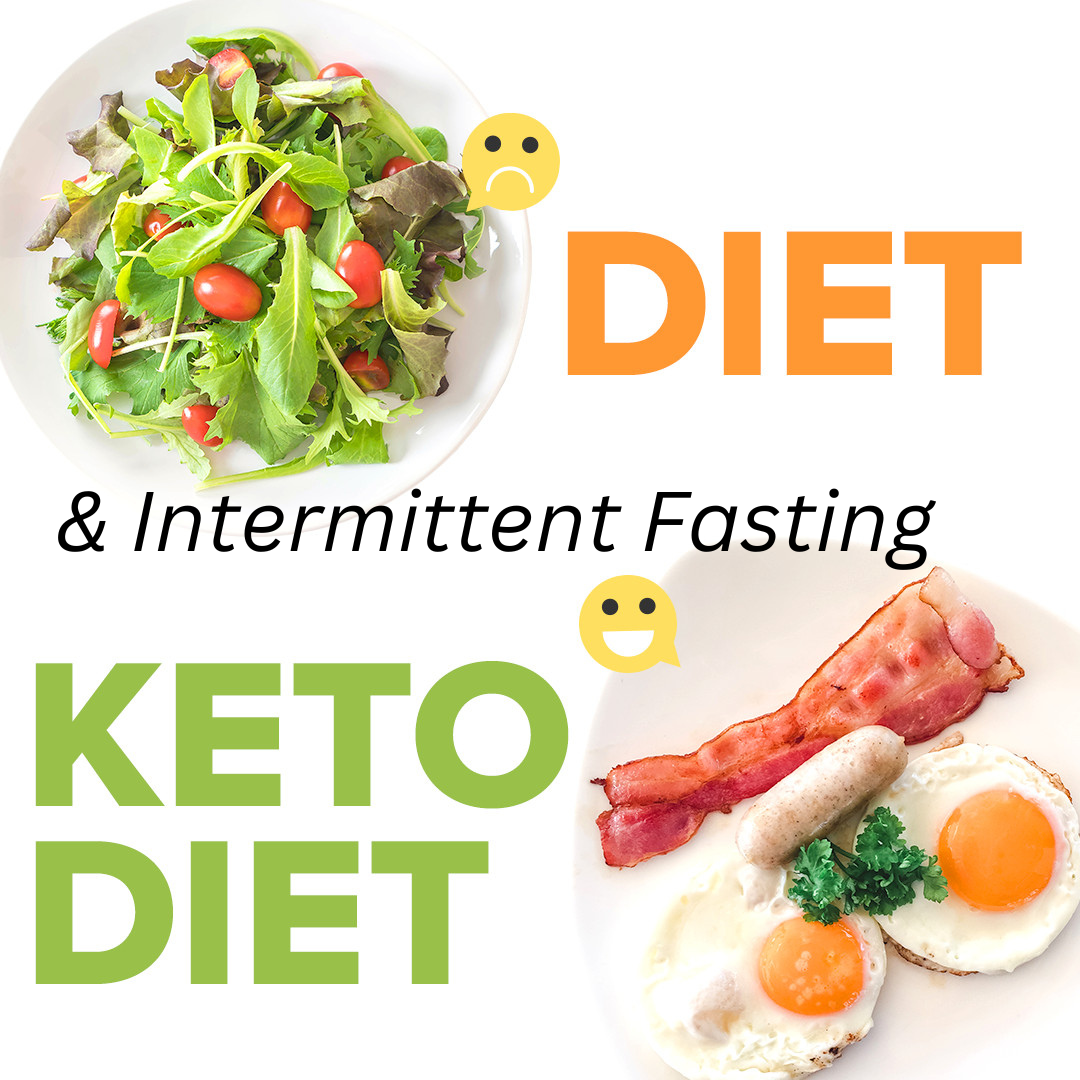Time based eating and intermittent fasting may have a lot of studies with potential benefits for weight loss and metabolic syndrome, however it is not for everyone. Based on the studies we reviewed, here is a summary of who should, and should NOT Try Intermittent Fasting:
Who Should Try Intermittent Fasting:
- Healthy Adults: Intermittent fasting can be a beneficial tool for weight management and overall health in healthy adults, as long as it’s done sensibly and not taken to extremes.
- Those Seeking Weight Loss: For those who are overweight or obese, intermittent fasting can be an effective strategy for weight loss, provided it’s paired with a balanced diet during eating windows.
- Individuals with Metabolic Syndrome: Individuals suffering from metabolic syndrome may benefit from intermittent fasting, as studies have shown it can improve markers like blood pressure, cholesterol levels, and insulin resistance.
Who Should Not Try Intermittent Fasting:
- Children and Adolescents: Given the need for continuous nutrition for growth and development, children and adolescents are generally not recommended to follow intermittent fasting.
- Pregnant and Breastfeeding Women: Women who are pregnant or breastfeeding have increased nutritional needs, and therefore intermittent fasting is typically not recommended.
- Individuals with a History of Eating Disorders: Those with a history of anorexia, bulimia, or other eating disorders should not attempt intermittent fasting, as the practice may trigger unhealthy behaviors and attitudes toward food.
- Individuals with Certain Medical Conditions: People with diabetes, especially those who require insulin or have difficulty managing their blood sugar levels, should be cautious. Intermittent fasting can potentially cause dangerous fluctuations in blood glucose. Also, individuals with other serious health conditions, such as certain heart diseases, should consult a healthcare provider before starting any fasting regimen.
- Individuals Who are Underweight: If a person is already underweight, intermittent fasting could potentially exacerbate this and lead to additional health problems.
- Those with High Physical Demands: Athletes or others with high energy demands may not get enough nutrients and energy from intermittent fasting, and it may negatively impact their performance.
It’s important to note that before starting any new diet or lifestyle regimen, including intermittent fasting, one should consult with a healthcare provider to ensure it’s suitable for their specific health status and nutritional needs.











